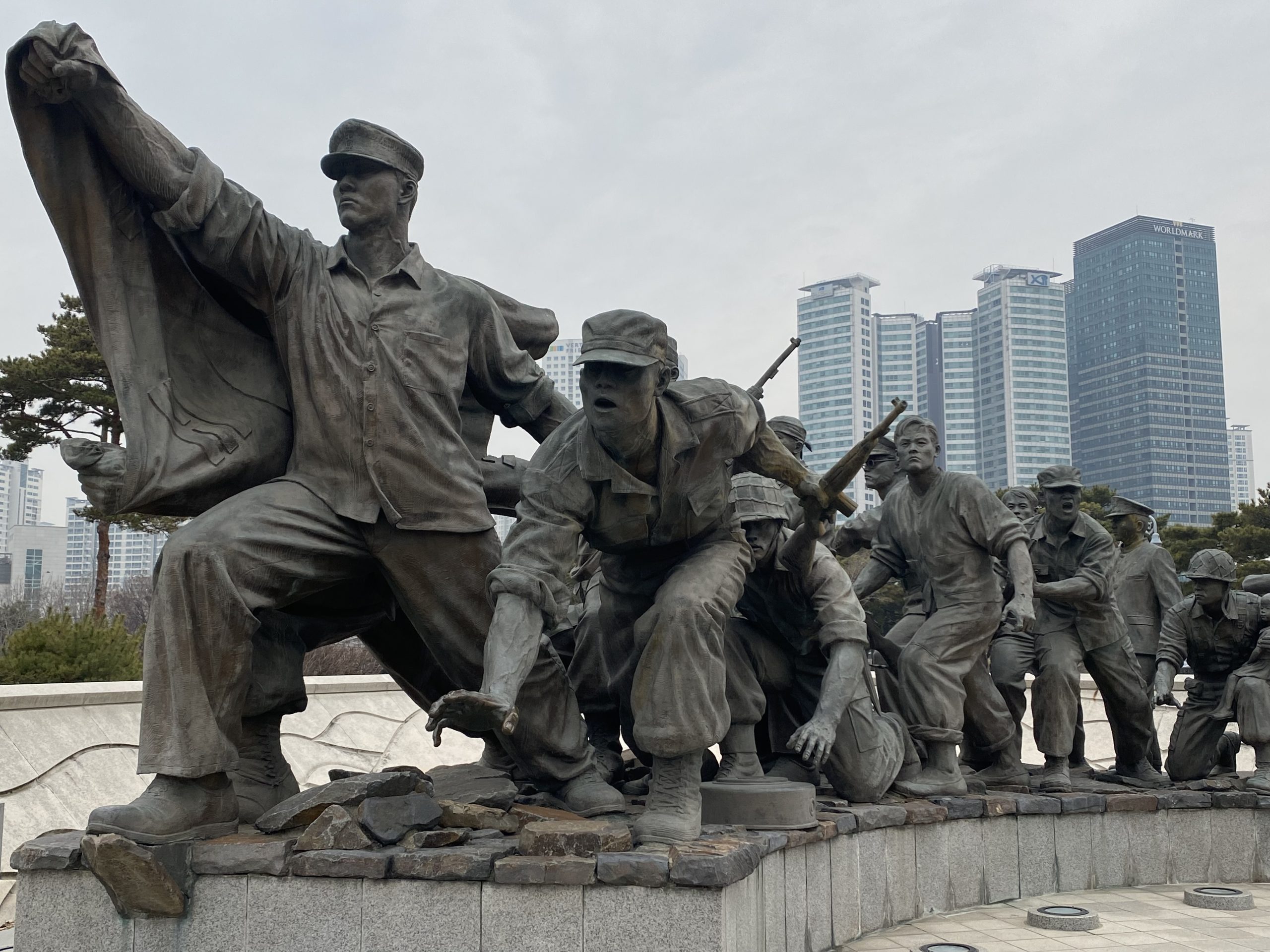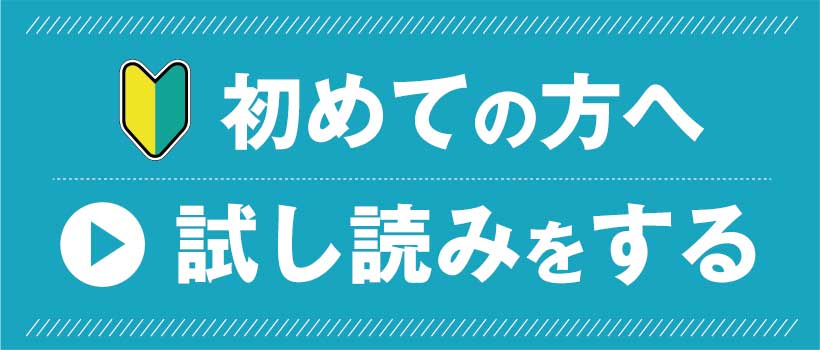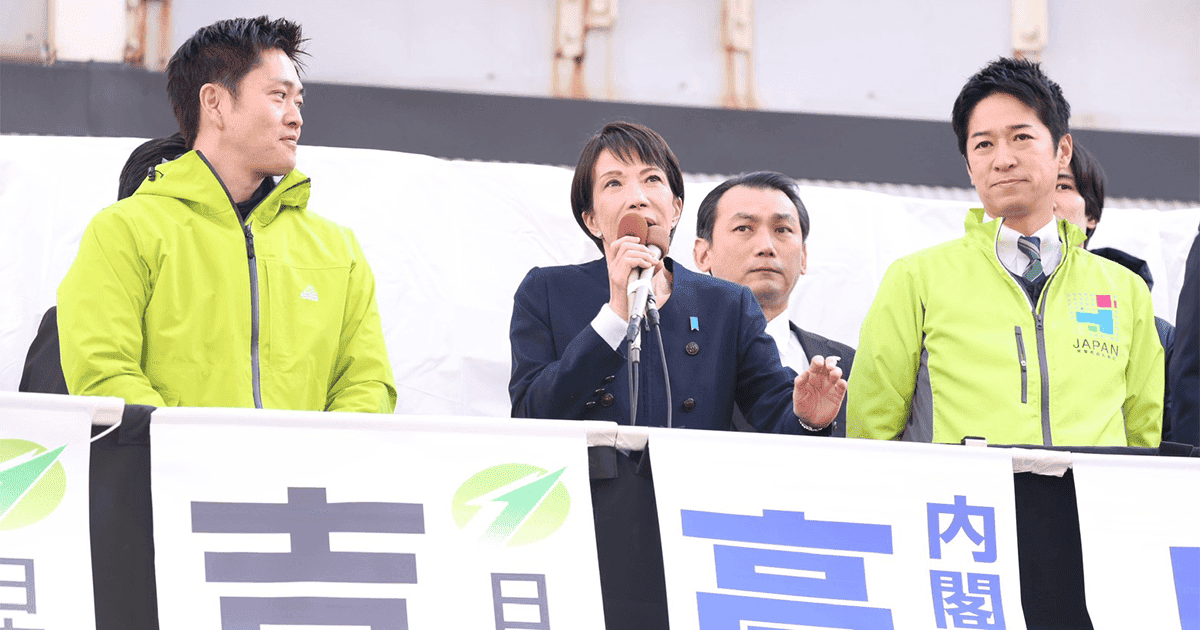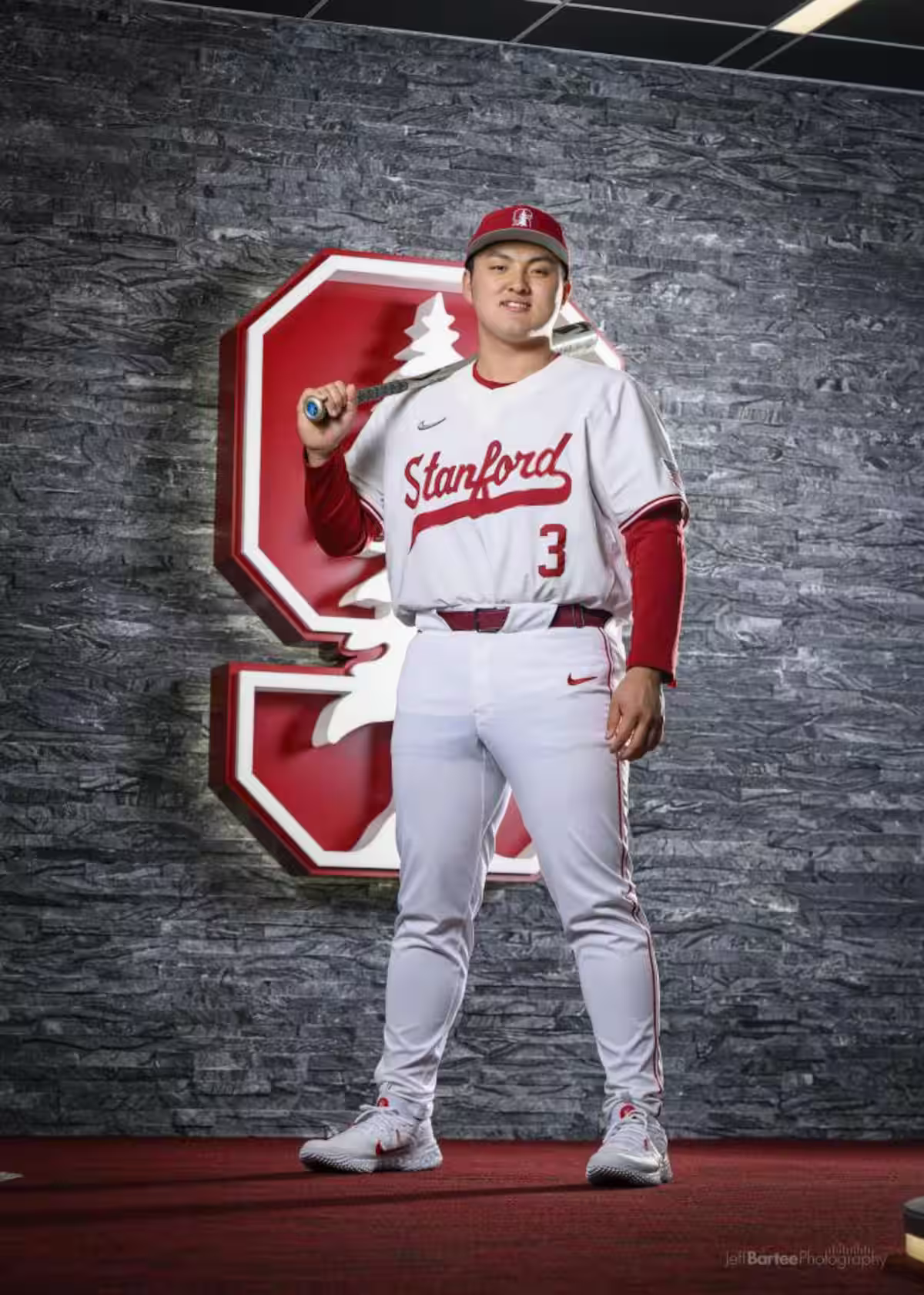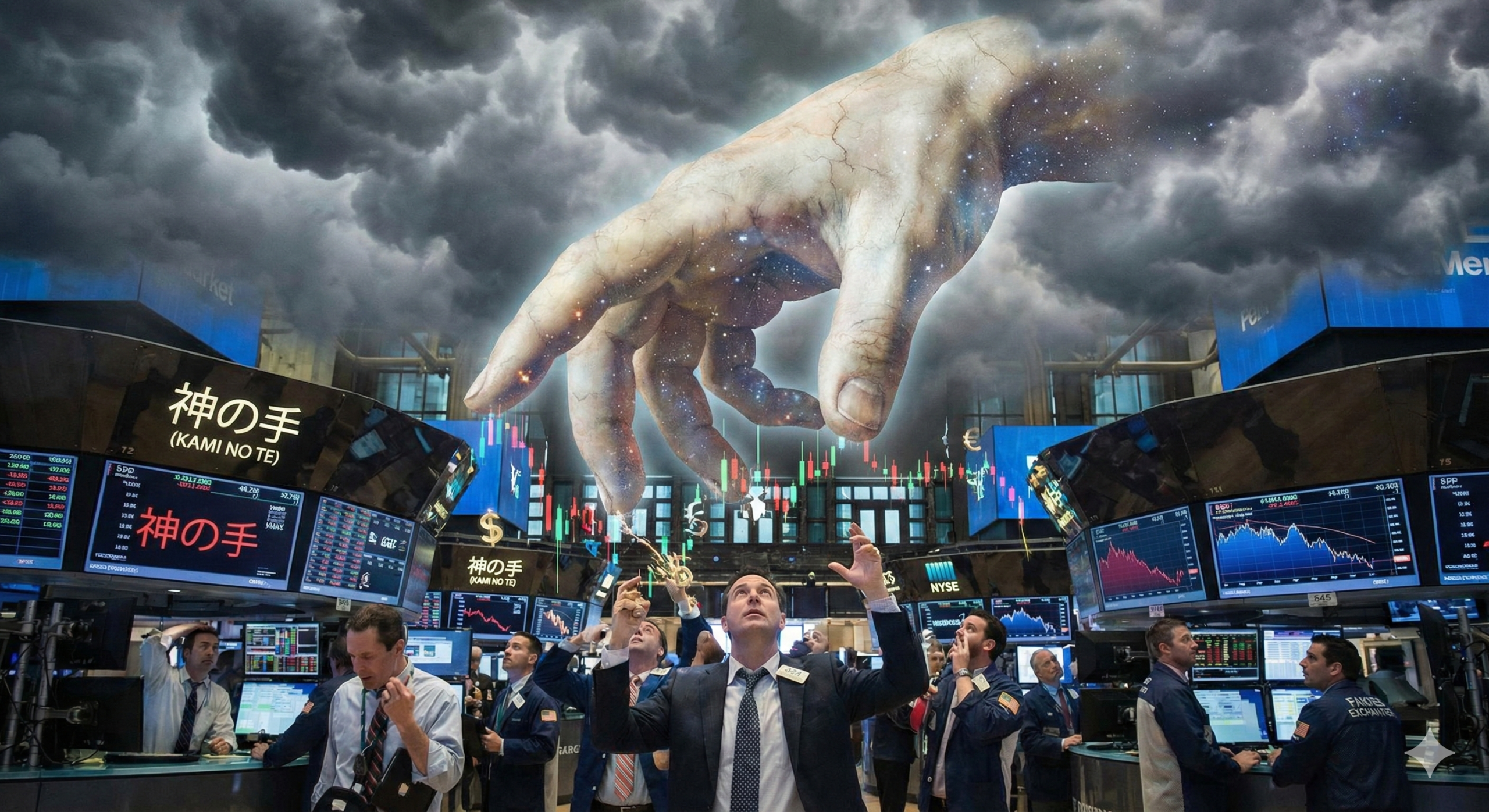※Translated with Notion AI. (Plus version)
In Japan, it is a common understanding that the reason why the President of South Korea is arrested after leaving office is because “they can do whatever they want in their 5-year term with no re-election”.
As a consultant for Korean companies, I often participate in meetings and banquets with Japanese companies. Whenever this topic comes up, I always feel nervous watching it from the side.
Sadly, with that level of knowledge, it is impossible to compete with top Korean companies. I myself, when I moved to Korea more than 20 years ago, was severely warned by the owner of a Korean company to “study and come back” after making such a statement.
The Korean side is well versed in Japanese business customs (Protocol). To succeed in negotiations with Korean companies, it is a prerequisite to understand the cultural differences, including the presidential system.
Korea is a country that has chosen a presidential system. After Japan’s defeat in the Second World War left the Korean Peninsula without a ruler, South Korea was managed by the US and North Korea by the USSR.
In 1948, South Korea and North Korea were established.
From the time of its founding, South Korea has adopted a presidential system. While this was influenced by the United States, it has been rooted in the historical culture of Korea that “in order to govern the country, an absolute ruler must reign”.
This is a tradition formed during the 518-year period of the Joseon Dynasty.
The Korean people have a culture of longing for strong leadership.

This is also common in the other country on the Korean Peninsula, North Korea. North Korea, needless to say, is ruled by an absolute ruler. One could even say that North Korea has more legitimately inherited the culture of the Joseon Dynasty.
The fact that the Korean Peninsula is still in a quasi-war state also contributes to the emphasis on leadership in South Korea.
The Korean War is still technically a “ceasefire”.
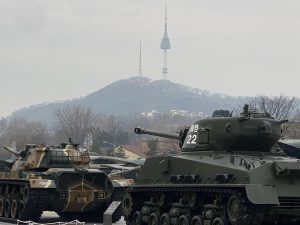
Given the tension that war could break out at any time, Koreans demand a top figure with strong leadership. If one cannot accurately assess the situation in an emergency and take command, they cannot become the top of South Korea.
This is why the presidential system, where the people directly elect their leader, is suitable. While male chauvinism is still strong in Korea, I would like you to recall that a female president has been born before Japan.
So, why is the President of South Korea arrested after leaving office?
